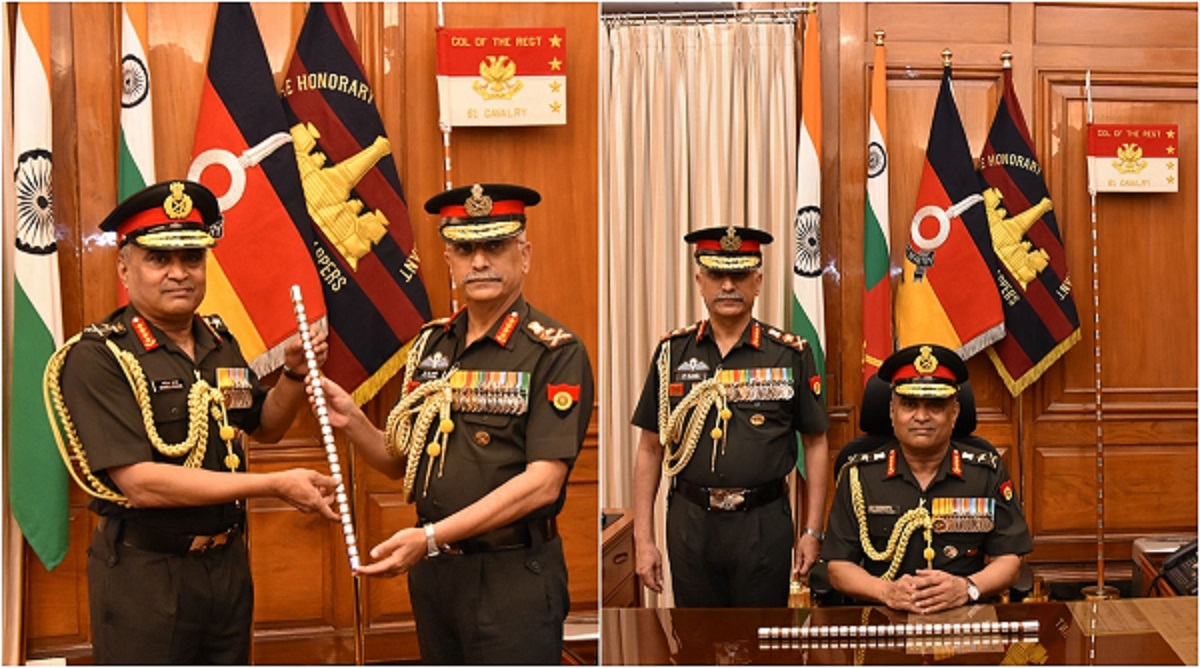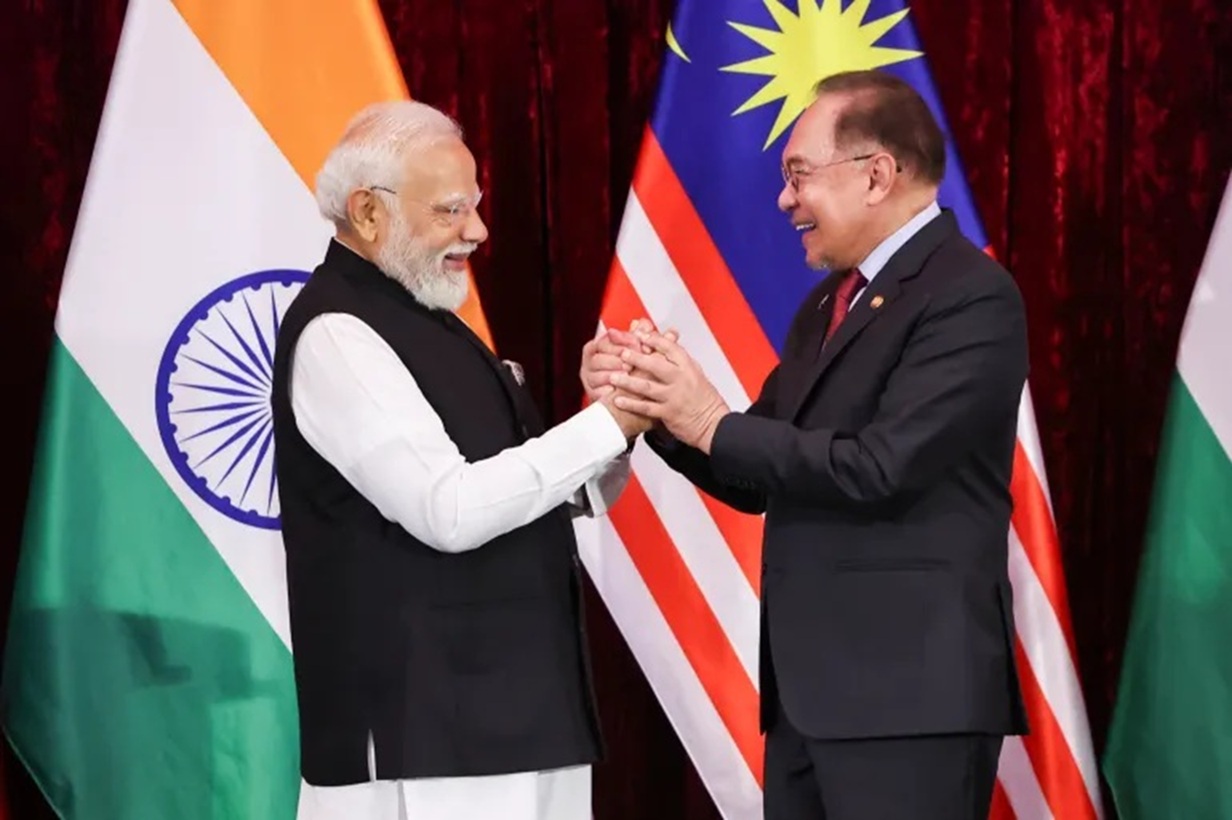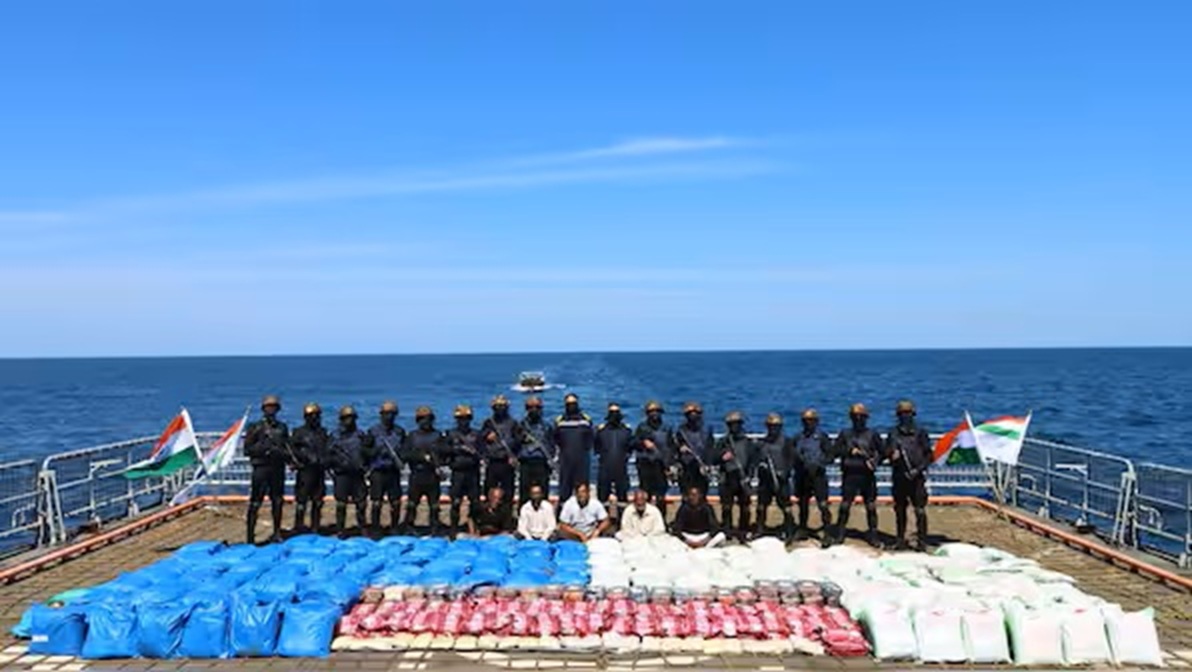“The basic issue remains the resolution of the border. We see that China’s intent has been to keep the border issue alive. What we need as a country is a ‘whole of nation approach’ and in the military domain, this is to prevent and counter any attempt to alter the status quo at the LAC,” Army Chief General Manoj Pande, who took over the charge on April 30, 2022, said to a group of selected journalists on May 9, 2022.
On the day of the above interview got wide coverage in Indian Media, this author searched for any headline of the news report and opinion piece with verbatim the ‘whole of nation approach’ using Google search engine, but in vain. Instead what he found is identical headlines “China wants to keep boundary issue alive: Gen Pande” on top of all newspaper reports on the inside pages. And the ‘whole-of-nation approach’ General Pande lamented is there buried in the third or fourth para in most news reports. As this author feels, the ‘whole-of-nation approach’ is the most important part of the interview along with the Chinese intent that General emphasized in so far as the ongoing border standoff is concerned, and has been neglected by media for the reasons best known to them, he ventured to discuss the issue here in due details.
While reading the news reports in various newspapers and digital media over the issue, a question comes to mind: Why has General made the ‘whole of nation approach’ part of his statement while discussing the border dispute with China? What does the verbatim mean over the issue? Is it a grievance of India’s Armed Forces and they strongly felt ‘wanting’ when they prepare a strategy to protect the nation’s sovereign territory?
Yes, General Pande has not specified the reason for making the ‘whole-of-nation approach’ as part of his statement (or nobody among the journalists asked), maybe it is his due regard to service rule, and Indian armed forces are the most disciplined forces which never found engaged in the public debate over the issues that matter to them as a matter of principle. However, the indication is loud and clear that callous Kumbhakarnas among us (in media, civil society, politics, opposition, strategic analysts, etc.) refuse to acknowledge vested interest at the cost of national interest.
Here, I bring to my readers’ notice what former PM Indira Gandhi had said when she was asked by the opposition about India’s preparedness just before the 1971 Indo-Pak war in Parliament. She told to the Lok Sabha, “In a serious moment like this, the less we as a government say, I think the better it is”, and in the Rajya Sabha, she told, “A wrong step, a wrong word, can have an effect entirely different from the one which all intend.” And the entire opposition so also media, civil society, etc. had kept quiet leaving the matter to be dealt with by the duly elected government and the armed forces under later’s command. Is it what General Pande means as something related to the ‘whole-of-nation approach’? Though exactly what General means this author does not know, yet while he tries to decode General’s statement Indira Gandhi’s 1971 statements in both houses of Parliament and the then opposition parties’ concurrence to her statements instantly comes to his mind along with the manner and style of dealing of opposition parties, media, civil society, etc. have been now over ongoing border standoff with China.
Let us further decode the General’s statement quoted in the first paragraph here. He said, “China’s intent has been to keep the border issue alive.” Later, he went ahead to say, “What we need as a country is a ‘whole-of-nation approach’ and in the military domain, this is to prevent and counter any attempt to alter the status quo at the LAC.” Do the above two statements mean that the General is convinced that China has been taking advantage of the lack of the ‘whole-of-nation approach’ over the ongoing border standoff in India? Does Means China has a strong conviction that Indian polity and strategic thinkers are divided over the country’s actual border with China?
Now, let us discuss what has been happening in India that possibly contributes to convincing China to take strategic advantage by ‘keeping border issue alive’ and Indian general feels aggrieve while dealing with enemies in at time bloody border standoffs?
During 77 days long Doklam standoff between armed Indian Forces and the People’s Liberation Army near the India-China-Bhutan strategic tri-junction border area in 2017 over the construction of road building, which was ended with the announcement of both on August 28 that they had withdrawn all their troops from the face-off site, on July 11, 2017, Hindustan Times reported, “After a morning of denials, Congress accepts that their leader met Chinese envoy.”
Questioning the Congress Party’s initial denial, one senior CPI leader said that the Congress should make its stand clear on the matter. “Why did they deny the reports first only to confirm later,” he asked, adding that this happens in our political life. “Parties keep meeting envoys…… There is nothing to hide or be secretive about.” The Chinese Embassy’s office official site, first reported that the Congress leader met Zhaohui to “exchange views on the current bilateral relations”, and then, hours later, deleted the post. Both sides never made it clear why they seemed to be denying that the meeting took place.
Congress Party is the longest-ruling party in India ruling over 55 years out of 75 years of self-rule and in GE2014 and GE2019 got over 19+% votes, the second-largest party next to the present ruling BJP. The scion of the Congress Party’s first family was the party President and was leading the party’s election campaign. Therefore, it is needless to mention that his activities have been closely monitored not only by his political rivals and non-political executives, and Armed Forces in India but also by the nation’s external adversaries. Being a practising democracy, India’s ruling leadership keeps on changing election after election, at times based on ideologies. But, the main motto of the Armed Forces remains the same. In view of this, one should not forget that any suspicious activities of important political functionaries create confusion in the thought process of military strategists and generals/commanders having direct negative repercussions on the national security apparatus.
Doubts have been generated and negative propaganda has been made over the Indian Armed Forces’ most daring 2016 Surgical Strike and 2019 Balakot Air Strike by political outfits with electoral objectives despite the clarifications given by Military Commanders who commanded the operations.
Even media and civil society are not far behind in these demoralizing activities which might have prompted General Pande to use the ‘whole-of-nation approach’ while discussing the ongoing standoff PLA has with Indian Armed Forces in Western sectors. Here too, the strategies of the armed forces were questioned by none other than the former military commanders, diplomats, and strategic writers working in Think Tanks and writing columns in the media, and even their political authority has been mocked by a former minister who was part of Cabinet Committee for Security (CCS). They should not forget that India faces literally two fronts war-like situations. While one adversary has one party rules and is the world’s second most powerful nation in so far as her armed forces and economy are concerned; the other one is, though a democracy, its military is not accountable to the political executive. So, they virtually have no problem with the ‘whole-of-nation approach’ when they venture against India for anything.
Here, we should not forget that in the 1971 war India won against the formidable adversary Pakistan, which had the direct support of the world superpower the US, and the latter’s powerful allies such as the UK and China, due to the ‘whole of nation approach’ burying political and ideological differences.
Title image courtesy: Financial Express
Disclaimer: The views and opinions expressed by the author do not necessarily reflect the views of the Government of India and Defence Research and Studies





